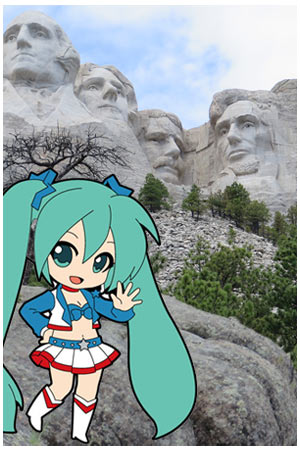One thing textbooks don’t tell you about becoming bilingual in a language is the way you’ll naturally come to internalize the values of the language group over time. This is why I’ll tend to take Japan’s side when blogging about, say, the historical background of the island disputes with South Korea and China, though I always do my best to research the issue and present the other side’s viewpoint as well. Two things that are important to the Japanese are 謙遜 ken-son or personal humility, and 調和 cho-wa, which means getting along harmoniously with others, and I learned a hard lesson related to these concepts back when I was in university at SDSU. The city of Hakodate, at the southernmost tip of Hokkaido, wanted to hire eight native speakers to teach English and act as goodwill ambassadors during city events for two months, and I jumped at the chance to go to Japan for free. I’d studied Japanese for two years at that point, and thanks to learning with manga and translating Japanese songs I could speak the language pretty well…although I had not yet internalized the important concepts above. When it came time to select who would go, the interviewer was impressed with my language skills, but he sensed my pride and headstrong nature, and I wasn’t one of the candidates chosen. Not being picked for the program was a bitter pill for me back then, but it introduced me to the concepts of ken-son and cho-wa, as well as 反省 hansei, which means to reflect on your own shortcomings rather than blame others when something goes wrong. Looking back, I’m really glad I was able to learn that lesson.

I lost the chance to go to Hokkaido.















